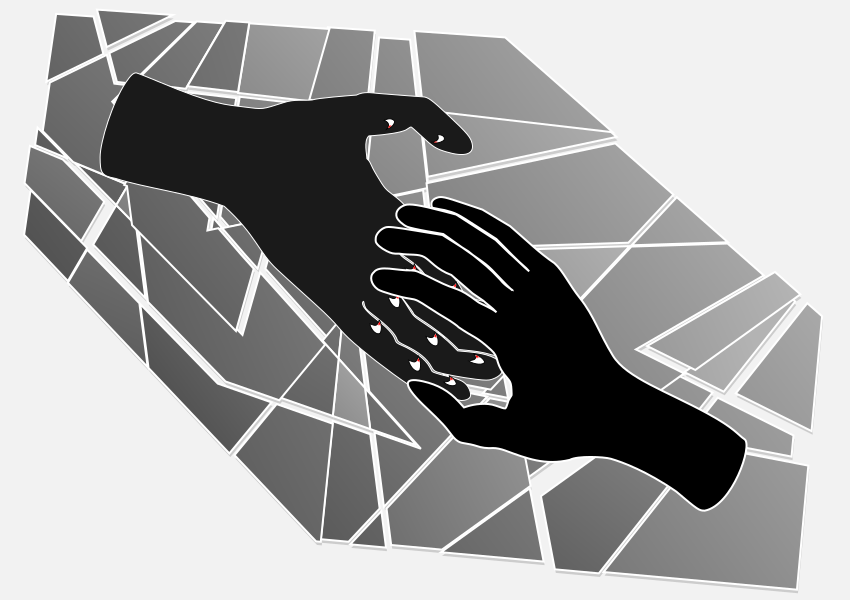
Surfacing our intentions
In last week’s blog ‘Questioning our certainties‘ Cormac made a very personal statement, that showed humility and self reflection. I hope many people will relate and that they too find value in such reflection about their foundational beliefs that underpin their decisions and actions.
When we review our experiences, past and recent we can individually or with others, state and evaluate the reasons we seek to help, what we think is achieved by our helping others and what is our attitude towards giving help. By this we should bring to the surface our personal reason for what we seek to do, and step away from solely seeing our reason by what is imagined to be the outcomes of giving what we feel is needed.
Far too much and at every level we have folk, politicians and institutions that are using ‘we are helping’ to lay down systems that are out of touch with what it means to be human. I think every tyranny that has emerged and done terrible things, got it’s foothold with a message of helping, and used that to convince it’s proponents, subordinates and collaborators to enter the descent towards frightening inhumanity.
“Tyrants often introduced measures to improve the economic and social status of the poor; it was the aristocracy (who wrote the histories) who tended to oppose tyranny, because, in bypassing the constitution, tyranny threatened their traditional privileges. But as absolute rule became established in the Roman Empire, the terms of debate shifted, focusing on the question of when monarchic power became tyrannical in nature. From that springs the idea of tyranny in its modern sense: a situation in which the power of the ruler outweighs that of the ruled. That definition allows even a representative government to be labeled a tyranny.” – Encyclopedia Britannica: Tyranny
A person who is doing a wrong thing, and knows it at least at some level can be reasoned with, a person who is certain they are doing the right thing but is wrong, becomes a truly destructive agent with slim hope of reason and persuasion reaching them.
A question a would be helper should always ask of themselves: Am I reviewing the range of help available and offering the help that is needed and wanted, or am I using help as the pretext to shape the lives of others and gain power over those needing help?
The most worrying thing about these politically belligerent and ignorant times, is this level of self awareness is being stripped out as many make the headlong rush to dehumanise their competition, and that the willingness to dehumanise those being helped by their competition is being treated as expedient.
“Men, it has been well said, think in herds; it will be seen that they go mad in herds, while they only recover their senses slowly, and one by one.” – Charles Mackay
Mackay presents us with an interesting and informative quote, though it loses the sense that the madness enters the social theatre when ambition drives compassion and reason mutates to justification to defeat freedom.
People gifted with a strongly grounded personality will tend to think through their actions and the possible consequences of their actions. But strongly grounded shouldn’t be an assumed trait of those most motivated to help others, often they are dreamers of a better world, people who are so little daunted by the thought of the distance to go that they can forget others need to make that journey too.
After we have questioned our certainties, we should surface our intentions about both the offering and accepting of help. When someone decides to step forward, it should be looked at with the mindfulness that the responsibility they take on is taken away from those being helped. This is a type of alienation in the form of helping that will make it harder to avoid taking away the recognition of accomplishment, from those who make their own lives and those of people around them change for the better.
Rashid Mhar
